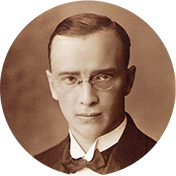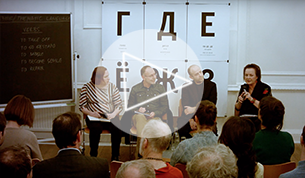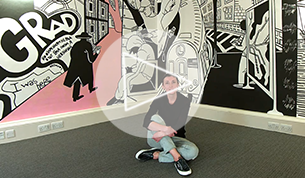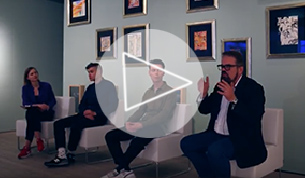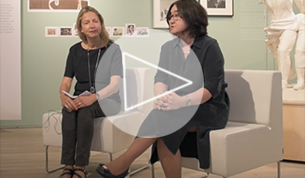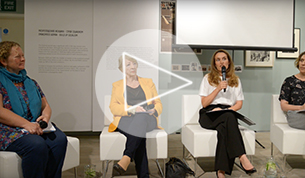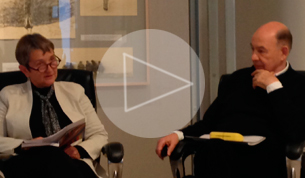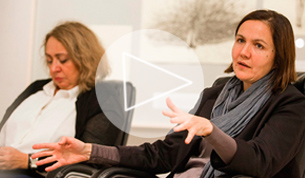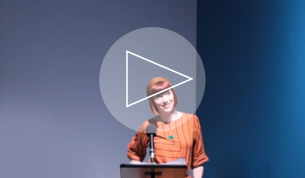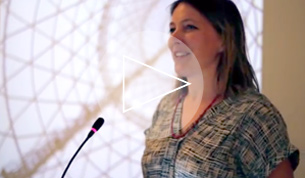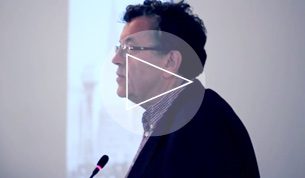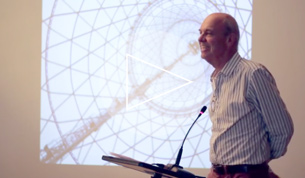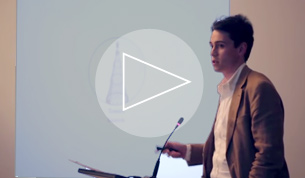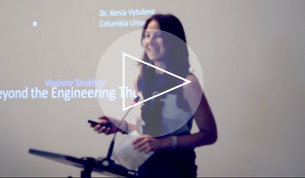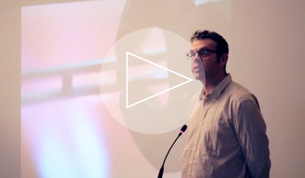Watch
Mother Tongue
Apparition of the Last Soviet Artist in London
ShadowMemory x Art Night Open
Postponed Futures
Superwoman: ‘Work, Build and Don’t Whine'
Unexpected Eisenstein
-
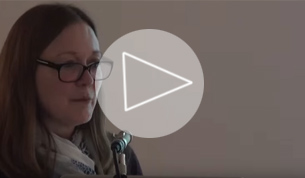 Rachel Morley:
Rachel Morley:
Russian Cinema before 1917 -
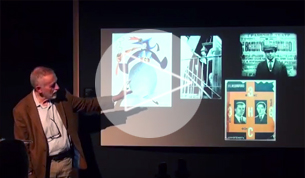 Ian Christie:
Ian Christie:
Besides Eisenstein: Protazanov, Barnet and the new Soviet cinema of the 1920s -
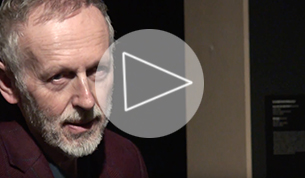 Ian Christie:
Ian Christie:
Maxim and co: creating the new heroes and heroines of the 1930s -
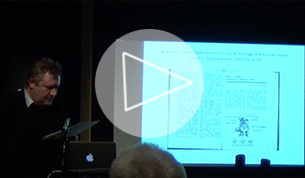 Phil Cavendish:
Phil Cavendish:
Soviet Colour Film, 1929-1945: An Experiment Understood by Very Few -
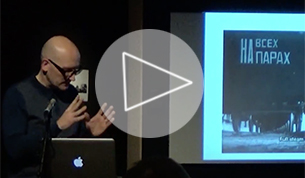 Jeremy Hicks:
Jeremy Hicks:
Meaningful Martyrdom — Death, Revolution and Victory from Lenin to the Reichstag, 1924–45 -
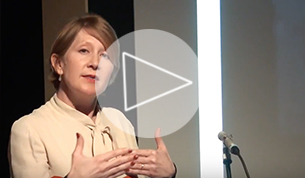 Emma Widdis:
Emma Widdis:
Film and the Making of the New Soviet Person: Bodies, Minds and Feelings -
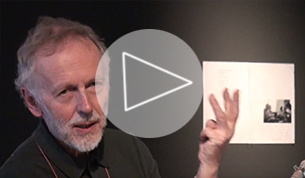 Ian Christie:
Ian Christie:
Hopes and fears: the Soviet New Wave of the 1960s -
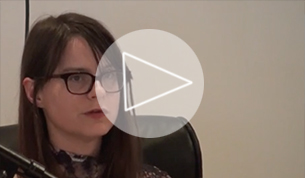 Carmen Gray:
Carmen Gray:
Andrei Tarkovsky: The Citizen Poet and the State -
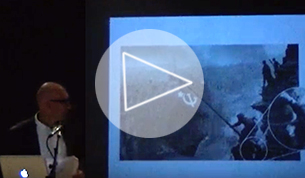 Jeremy Hicks:
Jeremy Hicks:
Reusing War Footage in Russian and Soviet Films, 1945–2015
Peripheral Visions
A Game in Hell. The Great War in Russia
-
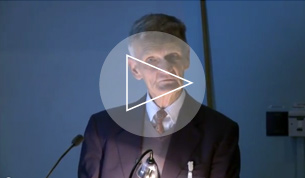 John E. Bowlt:
John E. Bowlt:
Introductory remarks -
 Elena Sudakova:
Elena Sudakova:
'Forgotten Heroes of the Great War' -
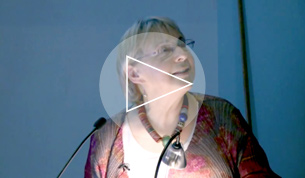 Christina Lodder:
Christina Lodder:
'A Painting Fit for Heroes: Kazimir Malevich's Reservist of the First Division' -
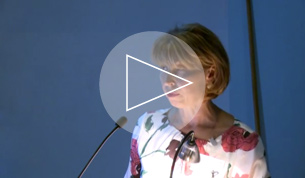 Natalia Budanova:
Natalia Budanova:
'Who Needs the Art Now?': Russian Women Artists Representing the Great War' -
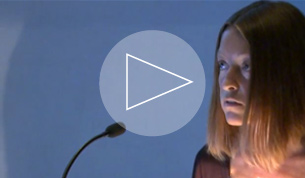 Valentina Parisi:
Valentina Parisi:
'Russian Avant-Garde Circles and the Literary Response to the Great War'
Work and Play Behind the Iron Curtain
The Shabolovka Tower Model
Kino/Film: Soviet Posters of the Silent Screen
-
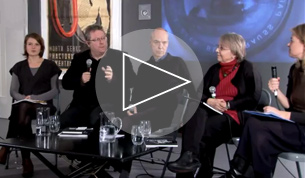 Curators and Special Guests:
Curators and Special Guests:
Panel Discussion with Exhibition -
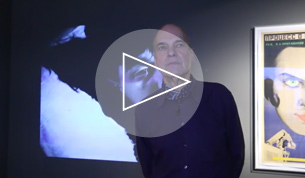 Lutz Becker:
Lutz Becker:
Curator talks: Chess Fever and The Three Million Case -
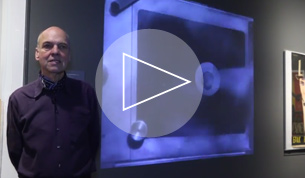 Lutz Becker:
Lutz Becker:
Curator talks: Man with a Movie Camera -
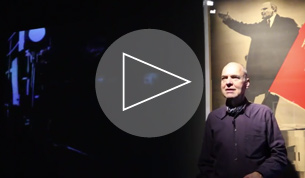 Lutz Becker:
Lutz Becker:
Curator talks: October -
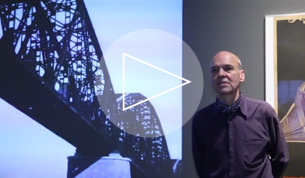 Lutz Becker:
Lutz Becker:
Curator talks: Storm Over Asia and Turksib -
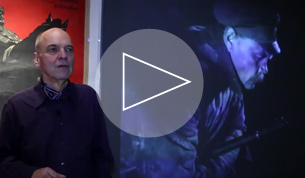 Lutz Becker:
Lutz Becker:
Curator talks: The End of St Petersburg -
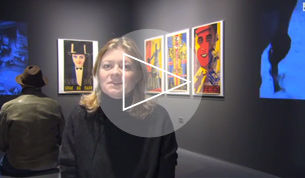 Elena Sudakova:
Elena Sudakova:
Soviet Posters of the Silent Screen
Utopia LTD
-
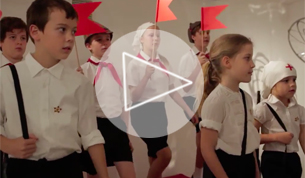 'Inside the Rainbow' Performance:
'Inside the Rainbow' Performance:
Directed by Irina Brown -
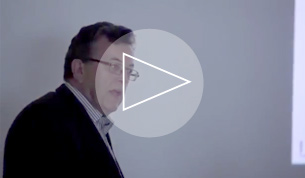 Professor John Milner:
Professor John Milner:
Seminar: 'Re-Constructivism' -
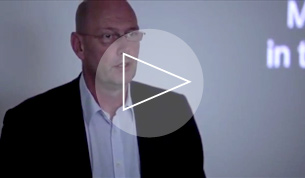 Willem Jan Renders:
Willem Jan Renders:
Seminar: 'After Lissitzky: Reconstructions at the Van Abbemuseum' -
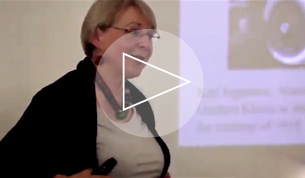 Christina Lodder:
Christina Lodder:
Seminar: 'Gustav Klucis: Transmitting Utopia' -
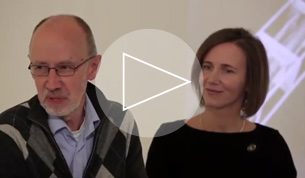 Aleksandr Shklyaruk:
Aleksandr Shklyaruk:
Seminar: 'Klucis and the Materialisation of a Futurist Idea' -
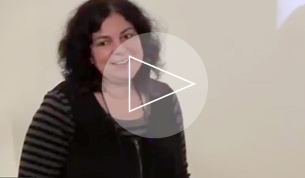 Dr. Maria Tsantsanoglou:
Dr. Maria Tsantsanoglou:
Seminar: 'Tatlin's Legend'
Listen
Superwoman: ‘Work, Build and Don’t Whine'
Unexpected Eisenstein
Bolt
A Game in Hell. The Great War in Russia
Read
Victor Smirnov
(1896-1946)
Victor Smirnov was born on 18 October 1896 in Pyzhovka, a small village near Smolensk. He studied at Perm State University and supported himself during his student years by undertaking the restoration of paintings and the production of theatre decorations. During the Civil War, Smirnov joined the Red Army and became a member of the Communist Party. In 1921 he moved to Moscow and continued his education at the Institute of Oriental Languages and after graduation took up a trade position in Japan. Although Smirnov had never received education in the arts he harboured a passion for the theatre and completed various reviews and librettos during this early stage in his career.
In 1929 Smirnov resigned from his trade posts and was subsequently appointed Director of the Second Moscow Academic Arts Theatre (MKhAT-2). Whilst working there Smirnov became personally acquainted with Stalin, who attended a rehearsal at the theatre. This encounter marked the beginning of a fruitful relationship with the Soviet government.
In 1930 he was appointed Director of Moscow Factory Kulrutfilm and on 1 February 1931 became Director of The Moscow United Cinema Factory Soyuzkino (known today as Mosfilm). At this time he also executed the libretto for Shostakovich’s ballet The Bolt; his first professional commission as a librettist. The story of the opera was heavily criticised but despite this he remained close friends with Shostakovich for the rest of his life. In 1931 he was appointed President of Amkino Corporation in New York, which organised the export of Soviet films to America. Whilst based in the USA he met Walt Disney and developed a keen interest in animation – particularly the films produced by Disney Studios and the Fleisher Brothers’ Studios. On his return to the USSR, Smirnov organised an experimental animation workshop. Its aim was to create ‘funny’ cartoons in Disney aesthetics, adopting its methods and techniques and also reducing the production time. Smirnov was the head of this workshop and its only director. In 1935, after the merge of the workshop with Mosfilm, he was removed from management, but continued his activities as film director.
In 1937 he left the animation industry and transferred to yet another high profile, but precarious position; this time as acting Director of VOKS, the All-Union Society for Cultural Relations with Foreign Countries. His transferral came after a wave of denunciations resulting in the arrest of the top twelve VOKS officials. After the start of the WWII Smirnov was made responsible for the evacuation of art and culture professionals from Moscow to the Asian republics. Here he was reunited with Fedor Lopukhov, his collaborator on The Bolt, and the two worked together again on the libretto for a new ballet, Solea.
Smirov finally fell out of favour with the authorities in 1945. Anecdotes suggest he was critical of the Soviet leadership and kept a picture of Disney, rather than Stalin, in his office. He was imprisoned later that year but released after only a few months. A year later, after his release, he succumbed to illness and died in Moscow at the age of fifty.
